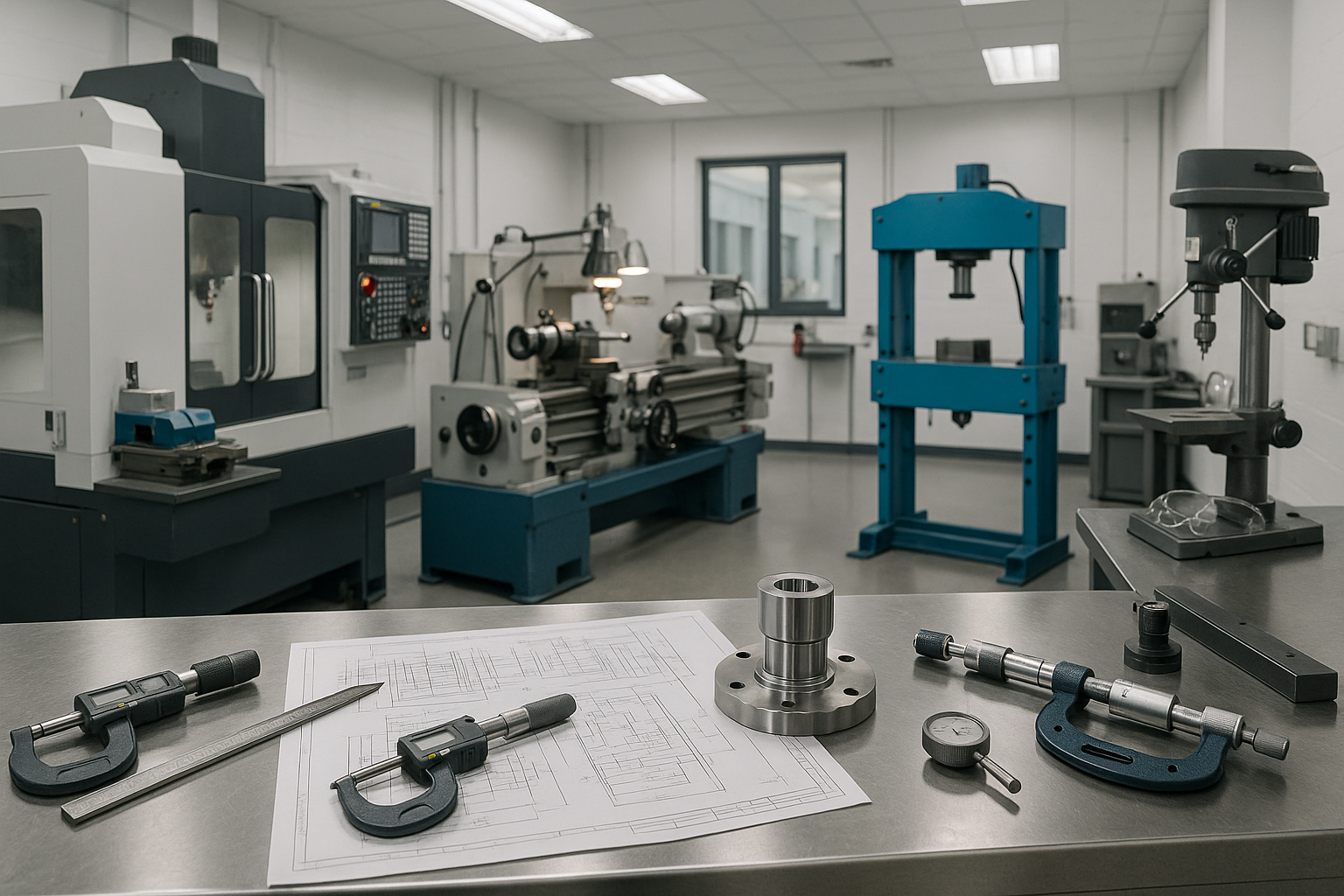Rockwell Hardness Tester: Understanding the Fundamentals
The Rockwell hardness tester is an essential tool widely used in various industries to measure the hardness of materials. This device provides a quick and accurate means of determining hardness levels, making it indispensable in manufacturing and quality control processes.
A Rockwell hardness testing machine is a device used to determine the hardness of a material by measuring the depth of penetration of an indenter under a known load. The Rockwell hardness test is a popular method for measuring the hardness of materials, including metals, plastics, and ceramics.
The machine typically consists of a testing head, which includes an indenter, a load application system, and a dial gauge or digital display for measuring the depth of penetration. The indenter may be a diamond cone or a hardened steel ball, depending on the type of material being tested.
To perform the test, the operator places the specimen on the machine's anvil and applies the load to the indenter using a lever or motorized system. The indenter is then allowed to penetrate the material for a set amount of time before the load is removed, and the depth of penetration is measured and recorded.
The Rockwell hardness test is widely used in quality control and material testing applications to determine the suitability of a material for a particular application. The results of the test are reported as a numerical value on the Rockwell hardness scale, which ranges from A to H, with higher values indicating greater hardness.
We are manufacturer of Rockwell Testing Machine. In Rockwell Testing Machine, we deal in Rockwell Hardness Tester, Portable Hardness Tester, Portable Rockwell Harness Tester, Rockwell Harness Tester and many more. Check this page for other details. We are the provider of best quality as well as cost-efficient price.
Ask details via email and chat support, drop your requirements and messages our reprehensive connect in 24 hours with details information! We believe in customer satisfaction in all aspects. Our team is committed to provide high quality laboratory equipment at attractive prices!
LABORATORYDEAL India maintains a good quality assurance of all its products and provides lab equipment at affordable and eco-friendly rates. The company provides lab equipment throughout and outside the country and has a network of dealers and distributors in various states, including Andhra Pradesh, Arunachal Pradesh, Assam, Bihar, Chhattisgarh, Goa, Gujarat, Haryana, Himachal Pradesh, Jharkhand, Karnataka, Kerala, Madhya Pradesh, Maharashtra, Manipur, Meghalaya, Mizoram, Nagaland, Odisha, Punjab, Rajasthan, Sikkim, Tamil Nadu, Telangana, Tripura, Uttar Pradesh, Uttarakhand, and West Bengal
Hardness testing refers to the measurement of a material's resistance to deformation, particularly permanent deformation, indentation, or scratching. The Rockwell hardness testing method is one of several hardness testing methods. It is preferred due to its simplicity, rapid results, and minimal sample damage.
In a Rockwell hardness test, a specific load is applied to an indenter, which is then pressed into the surface of the test material. After the load is removed, the depth of the indentation is measured, and this depth correlates directly to the hardness of the material being tested. The Rockwell scale uses different scales, including the A, B, C, and more, depending on the indenter used and the test conditions.
The structure of the Rockwell hardness tester typically includes the indenter, which can be made from hard materials like carbide or diamond, and the testing machine, which provides the necessary force. The machine's internal mechanism is designed to apply a predetermined load using weights or hydraulic systems. Digital models of the Rockwell hardness tester come equipped with advanced features, including automated loading and digital readouts, improving both accuracy and user-friendliness.
One of the primary advantages of the Rockwell hardness tester is its ability to deliver immediate results. When performing a test, the operator can quickly obtain a hardness value from a numerical readout or dial on the machine. This speed is crucial in manufacturing processes, allowing for real-time adjustments and quality control measures that reduce waste and downtime.
Additionally, the versatility of the Rockwell hardness tester makes it suitable for various materials, including metals and polymers. Different Rockwell scales cater to different types of materials, ensuring that the relevant hardness measurement is accurate and applicable. Scale selection is vital; using the wrong scale can lead to misleading results.
For practical applications, Rockwell hardness testers are used in industries such as automotive, aerospace, and metallurgy, where material properties are critical. They help ensure that materials meet the required specifications and performance criteria, which is crucial for safety and reliability in end-use applications.
When selecting a Rockwell hardness tester, factors such as load range, accuracy, and portability should be considered. Modern Rockwell hardness testers also offer features like data logging and computer interface capabilities, which can further enhance the testing process.
Calibration is another important aspect of maintaining a Rockwell hardness tester. Regular calibration ensures that the device provides accurate and consistent measurements, which is especially critical in quality control settings where precise readings impact product integrity.
In conclusion, the Rockwell hardness tester stands out as a vital tool for assessing material hardness. Its straightforward operation, quick results, and adaptability to a range of materials make it a preferred choice in many industrial applications. Understanding its usage and functions can significantly aid in material selection and quality assurance processes.









